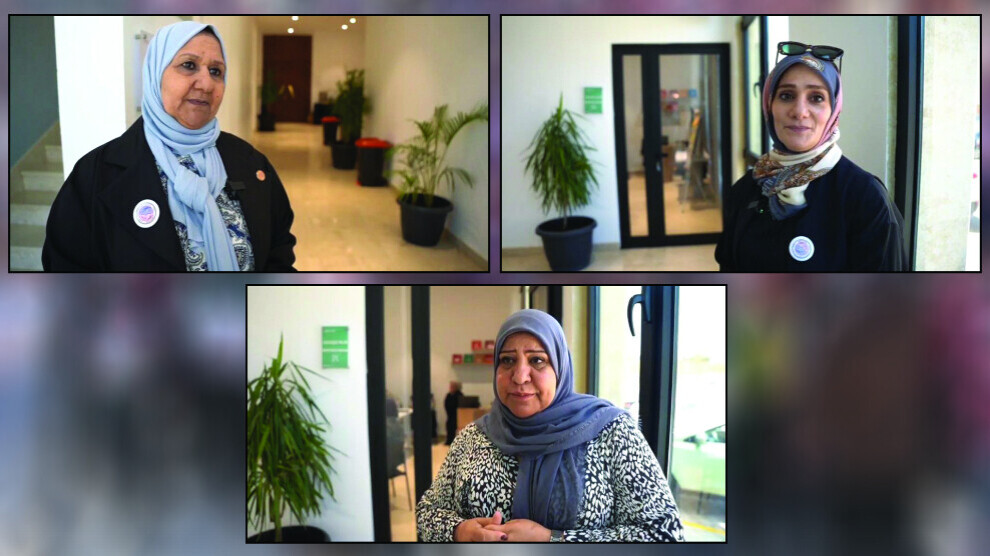Libyan activists: Conflict strips women of basic rights
Libya’s armed conflict fuels social and economic crises, disproportionately harming women and children while undermining women’s role in society.

Tripoli – Libyan activists warn that escalating violence and political rivalries are exposing women to abductions, sexual violence, domestic abuse, and denial of essential services such as education and healthcare. They say insecurity has also curtailed women’s participation in civil society and public affairs.
As military mobilization intensifies in Tripoli amid fears of renewed clashes between forces aligned with the Government of National Unity and the “Special Deterrence Force” under the Presidential Council, activists stress that civilians—especially women and children—face mounting risks in the absence of effective state protection.
Civil activist Naeimya Al-Aribi said fighting between rival militias in the capital directly impacts civil society organizations and their female members, undermining women’s ability to take part in programs across western Libya. She added that conflict is fueling wider social and economic instability and weakening national cohesion.
Hanan Al-Muthbal, of the Al-Tumooh for Women and Children’s Rights Organization, noted the violence is damaging women’s academic and professional performance. “Political and armed conflicts limit women’s opportunities in education and employment, with consequences that extend across generations,” she said, pointing to disruptions in higher education as women lecturers and staff are unable to travel during clashes.
She stressed that women remain essential contributors in every sector, yet armed conflict severely restricts their role. She called for urgent solutions to disarm militias and curb the spread of weapons, warning that temporary measures cannot ensure stability.
Human rights activist Qadriya Othman said nighttime clashes pose particular risks for women with chronic illnesses or disabilities, who may struggle to evacuate, hampering emergency response. She added that conflict inflicts lasting harm on women’s physical and mental health, as well as their role within families.
In a recent report, Human Rights Watch said civilians trapped in Tripoli “bear the brunt of reckless and unaccountable armed groups, which show complete disregard for human life by firing heavy weapons in residential areas.” The group urged all parties to the conflict to protect civilians and called on authorities to safeguard the right to peaceful protest.
